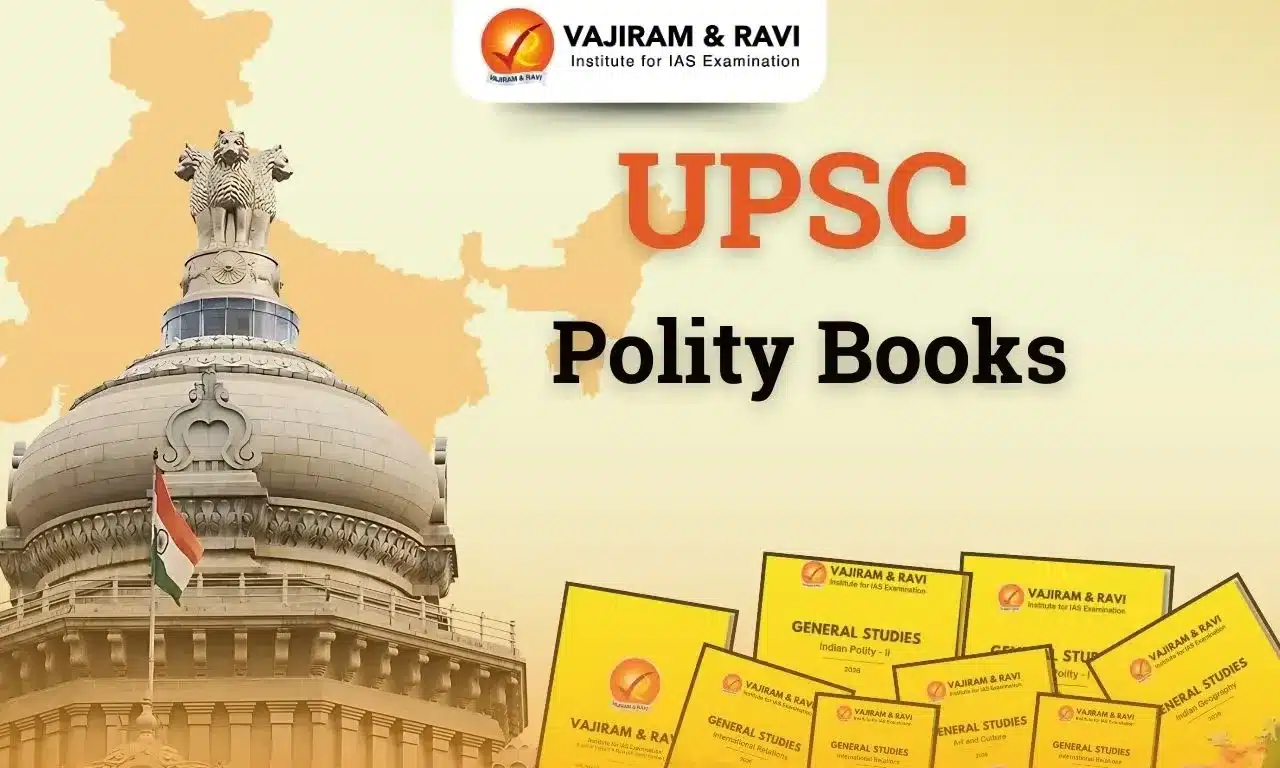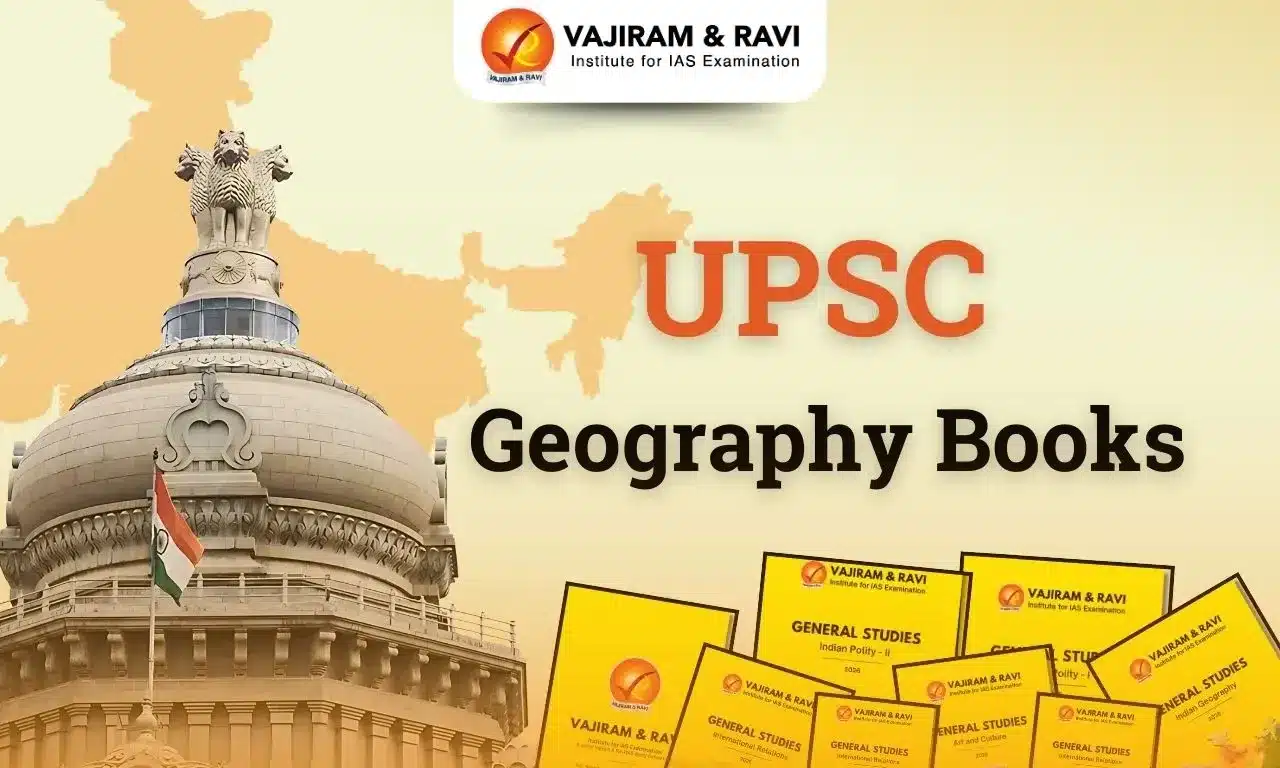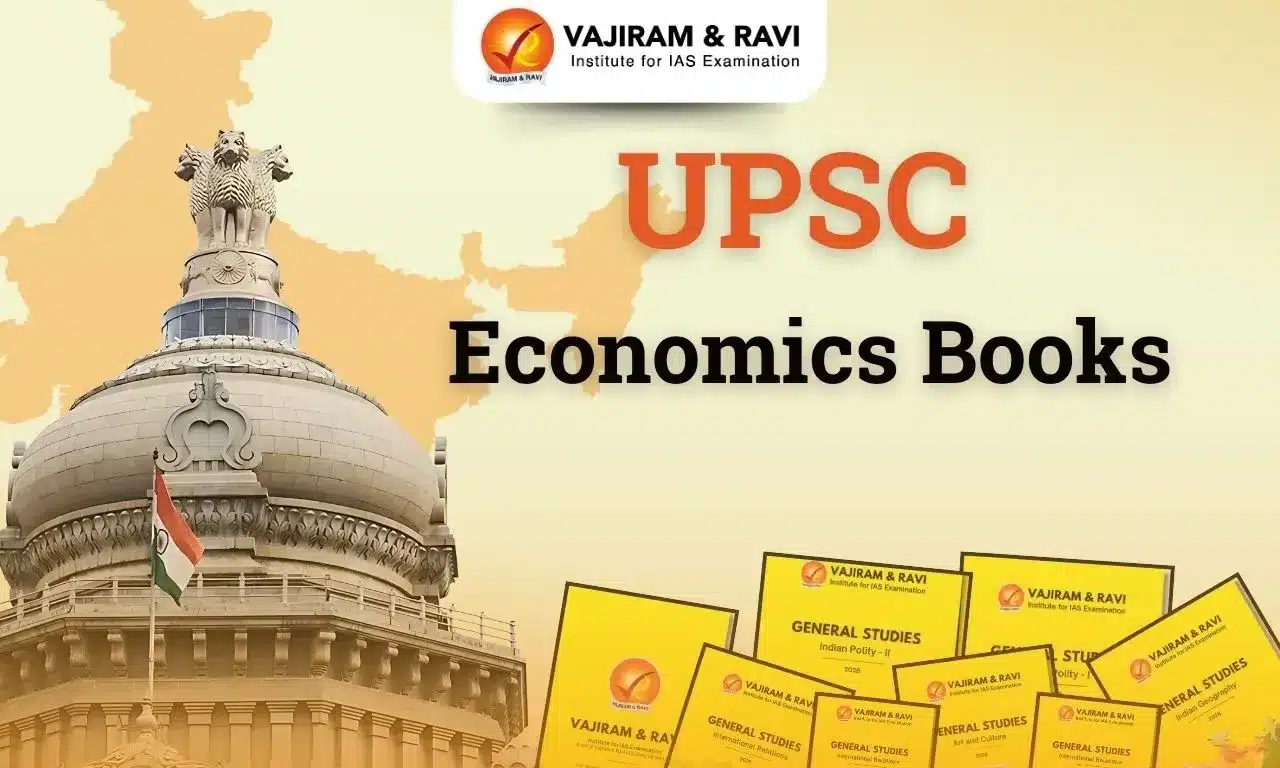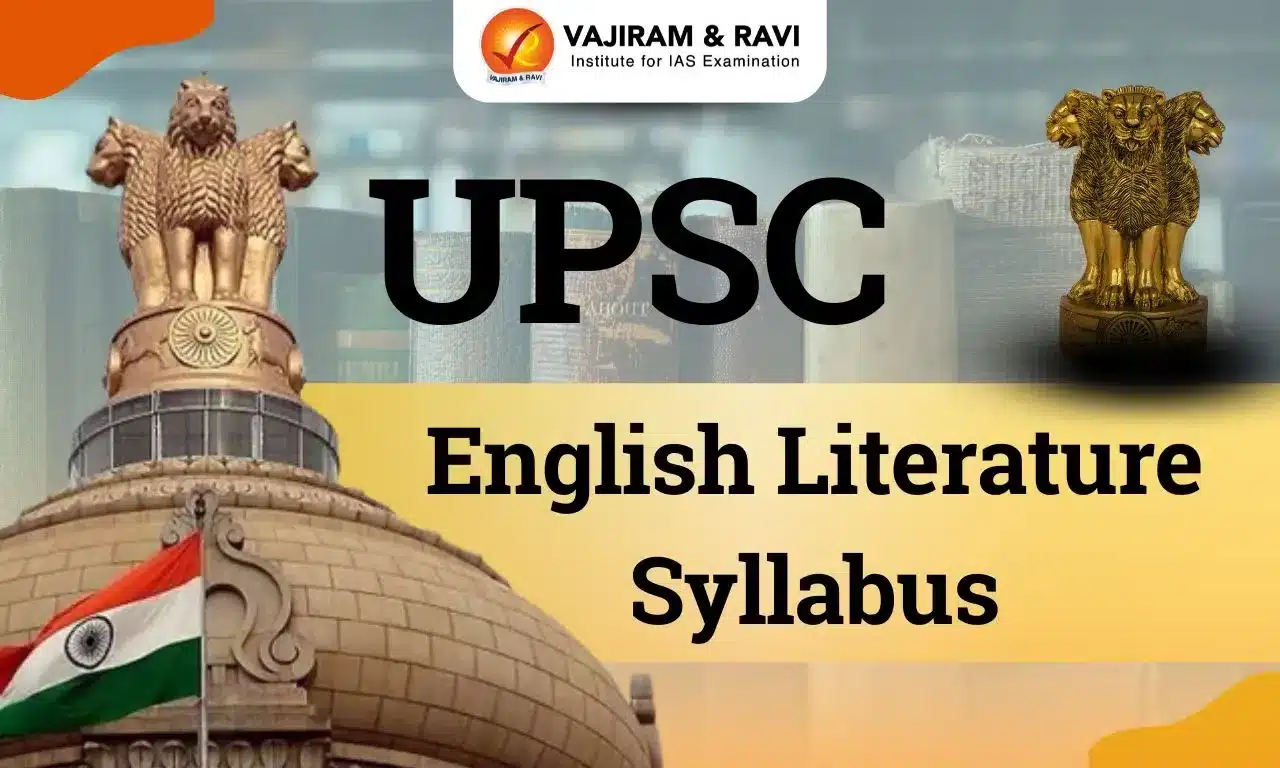Polity books for UPSC provide the foundation on which aspiring civil servants build their knowledge and understanding of the Indian political system, the Constitution, and the principles that govern our democracy. These texts offer comprehensive coverage, intricate details, and insightful analyses, making them essential companions on the aspirational path to becoming an IAS, IPS, or IFS officer.
In this article, we will delve into a curated list of the best polity books for UPSC Prelims and Mains, each meticulously selected for its clarity, depth, and relevance. These books serve not only as resources for your examination but also as instruments of empowerment, as they equip you with the knowledge necessary to engage with the complexities of our political system and contribute to the betterment of society.
Top 5 Polity Books for UPSC
When embarking on the journey to crack the prestigious UPSC Civil Services Examination, one cannot underestimate the significance of polity – the study of governance, political systems, and the structure of government. It is a cornerstone of the examination's General Studies paper and plays a pivotal role in the Mains examination. As such, choosing the right Polity books for UPSC is paramount to mastering this subject and securing a successful rank.
Polity is one of the most important subjects in the UPSC Civil Services Examination. The subject covers a wide range of topics, including the Constitution of India, the fundamental rights and duties of citizens, the structure and functions of the government, and the political and administrative system of India.
There are a number of polity books available for UPSC aspirants. However, it is important to choose the right books to ensure that you cover the entire syllabus and prepare effectively for the exam.
Here are some of the best polity books for UPSC aspirants:
- Indian Polity by M. Laxmikanth: This is the most popular and widely recommended polity book for aspirants. It covers the entire UPSC Polity syllabus in a comprehensive and lucid manner.
- Introduction to the Constitution of India by Durga Das Basu: This book is considered to be the authority on the Constitution of India. It provides a detailed analysis of the Constitution and its various provisions.
- Our Constitution by Subhash C. Kashyap: This book is another excellent resource for understanding the Constitution of India. It is written in a clear and concise style, and it covers all the important aspects of the Constitution.
- Governance in India by M. Laxmikanth: This book provides a comprehensive overview of the government and administration of India. It covers topics such as the structure and functions of the government, the various departments and ministries, and the challenges faced by the government.
- Indian Polity and Governance by Nitin Shivahare: This book is a good option for aspirants who are looking for a more concise and updated polity book. It covers the entire syllabus in a comprehensive manner, and it also includes current events related to polity.
NCERT Polity Books for UPSC
Polity as a subject deals with the laws and the Constitution of a country, making it very important to study. You can download important NCERT books on polity from the given links below:
- Polity: NCERT Class IX – Political Science: Democratic Politics Part – I
- Polity: NCERT Class X – Political Science: Democratic Politics Part – II
- Polity: NCERT Class XI – Political Science: Indian Constitution at Work
- Polity: NCERT Class XI – Political Science: Political Theory
- Polity: NCERT Class XII – Political Science I: Contemporary World Politics
- Polity: NCERT Class XII – Political Science II: Politics in India Since Independence
Polity Books for UPSC Prelims
For UPSC Prelims, it's important to have a strong grasp of the basics of Indian polity. Here is a list of recommended polity books for UPSC Prelims preparation:
- Indian Polity Yellow Books Part 1 & 2:Vajiram & Ravi Indian Polity Books are known for the comprehensive Polity syllabus coverage, and updated content. These Polity Books are updated yearly based on the changing Constitutional Amendments and Introduction of new policies and Government decisions. The complex concepts are broken down into simpler texts with the help of flowcharts and mind maps.
- Indian Polity by M. Laxmikanth: This book is considered the bible of Indian polity for UPSC aspirants. It covers the Indian Constitution, governance, and political system in a comprehensive and easy-to-understand manner.
- Introduction to the Constitution of India by D.D. Basu: This book provides a detailed analysis of the Indian Constitution and is helpful for understanding its provisions.
- Our Parliament by Subhash C. Kashyap: This book focuses on the structure and functioning of the Indian Parliament, which is a significant part of the UPSC Prelims syllabus.
- Indian Polity" by M. Krishna Reddy: This book covers important topics related to the Constitution, governance, and politics in India.
Polity Books for UPSC Mains
For UPSC Mains, you need in-depth knowledge of Indian polity and the ability to analyze and apply this knowledge to answer questions. Here is a list of recommended polity books for UPSC Mains preparation:
- Indian Polity Yellow Books part 1 & 2: Vajiram & Ravi Indian Polity Books are known for the comprehensive Polity syllabus coverage, and updated content. These Polity Books are updated yearly based on the changing Constitutional Amendments and Introduction of new policies and Government decisions. At the end of each chapter, there are set of Mains Questions that include PYQ and Current Affairs based Dynamic questions for practice that help in filling the gaps in your understanding and preparation.
- Constitution of India by P.M. Bakshi: A detailed understanding of the Constitution is crucial for Mains. This book provides insights into the Constitution's provisions.
- Governance in India by Laxmikanth: A companion book by M. Laxmikanth, this one focuses on governance-related topics, which are significant in Mains.
- Indian Constitution: Historical Underpinnings, Evolution, Features & Philosophy" by Sujit Kumar: This book offers a philosophical perspective on the Constitution, which can be helpful for writing insightful answers in Mains.
- Indian Political Thought by O.P. Gauba: This book covers political thought and theories in the Indian context, which is a crucial part of the UPSC Mains syllabus.
- Selected Contemporary Essays by Saumitra Mohan: This book contains essays on contemporary political, social, and economic issues, which can be used as references or sources of ideas for your Mains answers.
- Social Problems in India by Ram Ahuja: Understanding social issues is vital for answering Mains questions related to governance and policy.
These books provide a comprehensive understanding of Indian polity and its application in the context of the UPSC Mains examination. Combine your reading with regular practice in answer writing, as this is essential to perform well in Mains.
How to Prepare for the UPSC IAS Exam from Polity Books?
Preparing for UPSC from polity books is a crucial component of your overall UPSC exam preparation. To effectively prepare from polity books, consider the following steps:
- Start with NCERT Books: Begin your preparation by studying the NCERT Polity books. These provide a solid foundation and cover essential concepts. Start with "Indian Constitution at Work" (Class XI) and "Political Theory" (Class XI), and then move on to "Indian Polity" (Class XII).
- Advanced Reading: Once you have a grasp of the basics, progress to more advanced books. You could go for our Indian Polity Yellow Books by Vajiram & Ravi . It provides comprehensive coverage of the Indian political system, the Constitution, and governance. Read the books thoroughly, as they are considered one of the best resources for UPSC polity preparation.
- Make Notes: While reading, make concise and organised notes. These notes will serve as quick reference material during revision. Ensure your notes cover key concepts, articles, amendments, and landmark judgments.
- Practice Answer Writing: Polity questions in the UPSC Mains exam often require in-depth and well-structured answers. Practice answer writing by attempting previous years' questions and sample questions. Pay attention to clarity, structure, and analytical depth in your answers.
- Supplement with Other Sources: Apart from NCERTs and Indian Polity Yellow Books, consider using other sources like online resources, government publications, and reference books like Yojana Magazine, Kurukshetra Magazine etc. to gain a broader perspective on Indian polity.
- Stay Updated: Indian politics is dynamic, and there are continuous developments. Stay updated with current affairs related to politics and governance, as these are integral to both the Prelims and Mains exams.
- Seek Guidance: If you have questions or face challenges in understanding specific topics, don't hesitate to seek guidance from mentors, teachers, or fellow aspirants.
In summary, a well-rounded approach to UPSC polity preparation includes starting with NCERT books, progressing to advanced texts, making thorough notes, practicing answer writing, and staying updated with current developments. A systematic and disciplined approach to studying polity will enhance your knowledge and help you perform well in the UPSC examination. For comprehensive preparation, refer to the Polity notes to strengthen your understanding of key concepts in the UPSC syllabus.
Last updated on November, 2025
→ Check out the latest UPSC Syllabus 2026 here.
→ Join Vajiram & Ravi’s Interview Guidance Programme for expert help to crack your final UPSC stage.
→ UPSC Mains Result 2025 is now out.
→ UPSC Notification 2026 is scheduled to be released on January 14, 2026.
→ UPSC Calendar 2026 is released on 15th May, 2025.
→ The UPSC Vacancy 2025 were released 1129, out of which 979 were for UPSC CSE and remaining 150 are for UPSC IFoS.
→ UPSC Prelims 2026 will be conducted on 24th May, 2026 & UPSC Mains 2026 will be conducted on 21st August 2026.
→ The UPSC Selection Process is of 3 stages-Prelims, Mains and Interview.
→ UPSC Result 2024 is released with latest UPSC Marksheet 2024. Check Now!
→ UPSC Prelims Result 2025 is out now for the CSE held on 25 May 2025.
→ UPSC Toppers List 2024 is released now. Shakti Dubey is UPSC AIR 1 2024 Topper.
→ UPSC Prelims Question Paper 2025 and Unofficial Prelims Answer Key 2025 are available now.
→ UPSC Mains Question Paper 2025 is out for Essay, GS 1, 2, 3 & GS 4.
→ UPSC Mains Indian Language Question Paper 2025 is now out.
→ UPSC Mains Optional Question Paper 2025 is now out.
→ Also check Best IAS Coaching in Delhi
Polity Books for UPSC FAQs
Q1. Which is the best Polity Book for UPSC?+
Q2. How to prepare with the Polity Books for UPSC?+
Q3. Which NCERT Polity Books to read for UPSC Preparation?+
Q4. Which Polity Books to read for UPSC Mains?+
Tags: polity books for upsc UPSC

















